News

Apr 17, 2024
Tracy Langkilde appointed interim executive vice president and provost
Tracy Langkilde, the Verne M. Willaman Dean of the Eberly College of Science, has been named interim executive vice president and provost of Penn State, effective April 15. Langkilde succeeds Executive Vice President and Provost Justin Schwartz, who has been named as the sole finalist for chancellor of the University of Colorado Boulder and will depart Penn State this summer.
Full Article
Apr 09, 2024
Podcast sheds light on the evolution of disease-causing pathogens
As the ever-growing number of Covid variants has made clear to the global public in recent years, disease-causing viruses can evolve incredibly fast. The same holds true for bacteria that cause many infectious diseases. Andrew Read was interviewed about his career as a prominent researcher in this field.
Full Article
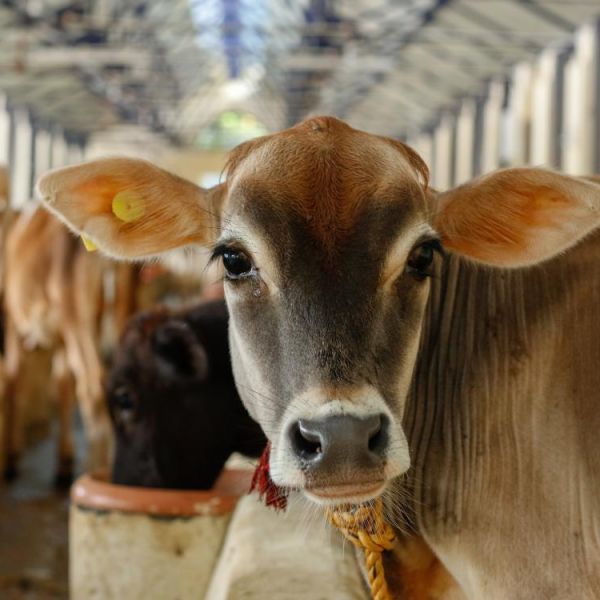
Mar 29, 2024
Vaccine protects cattle from bovine tuberculosis, may eliminate disease
Bovine tuberculosis (TB) is a livestock disease that results in large economic losses to animal agriculture worldwide. The disease can also transmit to humans and cause severe illness and death.
Full Article
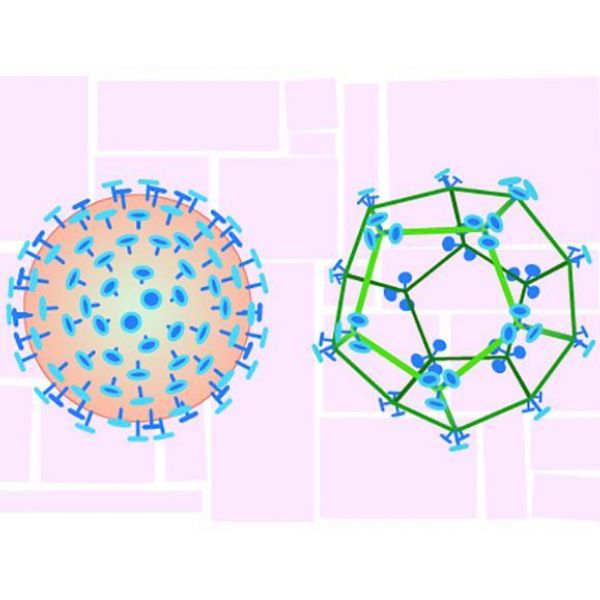
Mar 13, 2024
New nasal vaccine platform helps clear COVID-19 infections in an animal model
A newly developed intranasal vaccine candidate helps to clear COVID-19 infections more quickly than controls in pre-clinical testing, according to a recent study.
Full Article

Feb 26, 2024
Temperature, humidity may drive future transmission of parasitic worm infections
As climate changes, temperature isn’t the only factor to influence the spread of infectious diseases. Humidity plays a role, too, according to new research published in Ecology Letters.
Full Article

Feb 15, 2024
Lab Bench to Commercialization 2024 grant recipients announced
Four projects led by researchers in the Penn State Eberly College of Science have been selected to receive Lab Bench to Commercialization (LB2C) grants in 2024
Full Article
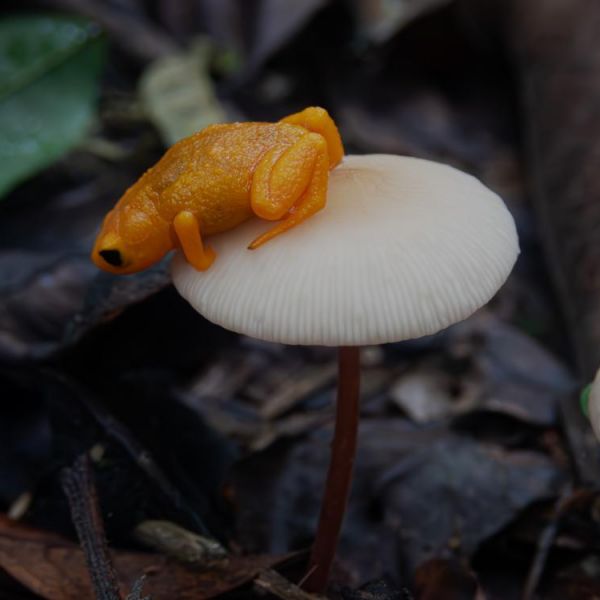
Feb 13, 2024
Drought may drive deadly amphibian disease, researchers find
Pumpkin toadlets are in trouble. Progressively severe droughts are disrupting the microbiomes of the thumbnail-sized orange frogs, potentially leaving them vulnerable to a deadly fungal disease, according to a new study by an international research team.
Full Article
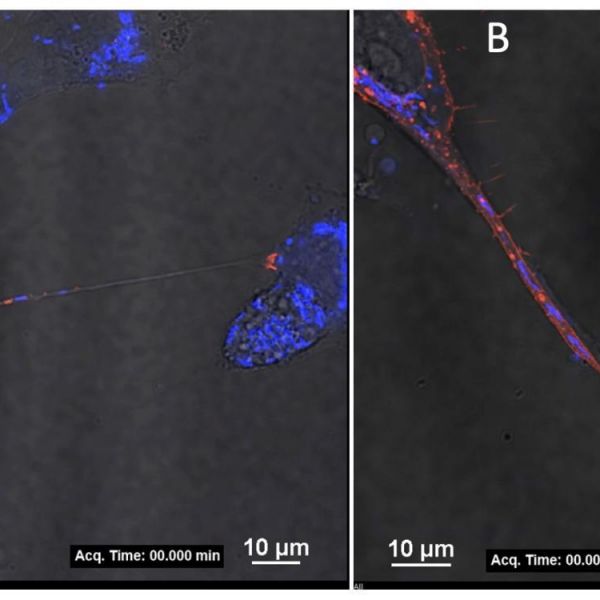
Feb 06, 2024
How does Zika virus replicate and transmit from mother to fetus?
In 2015, an outbreak of Zika virus, driven by a heavy rain season and subsequent boom in the virus’s host mosquito population, caused thousands of babies in Brazil to be born with severe birth defects.
Full Article
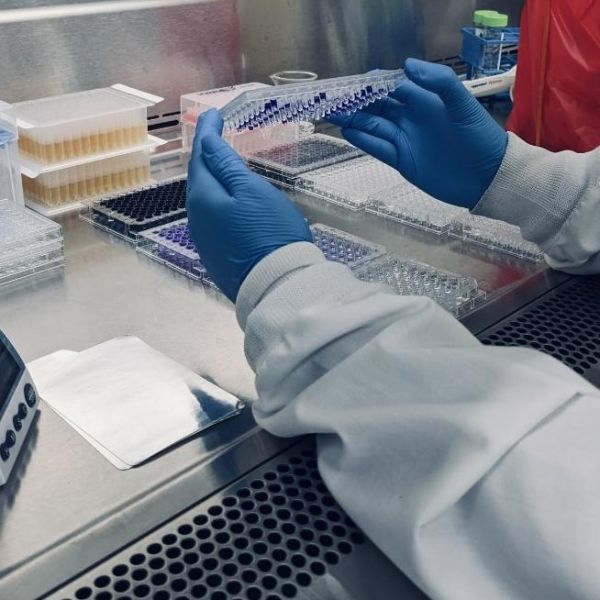
Jan 23, 2024
Foodborne-pathogen Listeria may hide from sanitizers in biofilms
An estimated 1,600 people in the U.S. contract a serious infection from Listeria bacteria in food each year. Penn State researchers may now better understand how the bacteria, called Listeria monocytogenes, survive and persist in fruit-packing plants by evading and surviving sanitizers.
Full Article
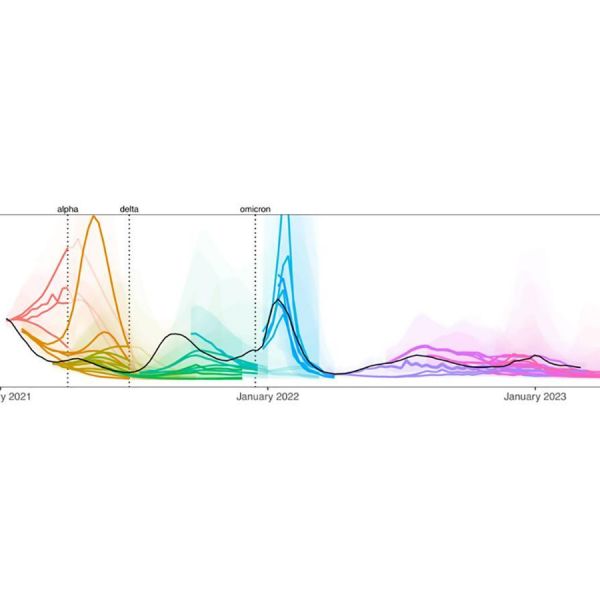
Dec 20, 2023
Many models are better than one for COVID-19 scenario projections, study finds
New research examines the performance of COVID-19 projections used to aid pandemic response by the COVID-19 Scenario Modeling Hub.
Full Article